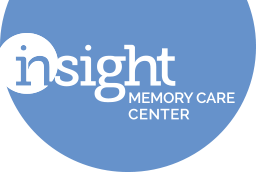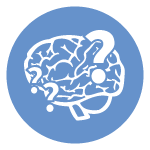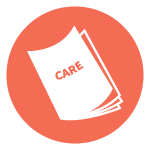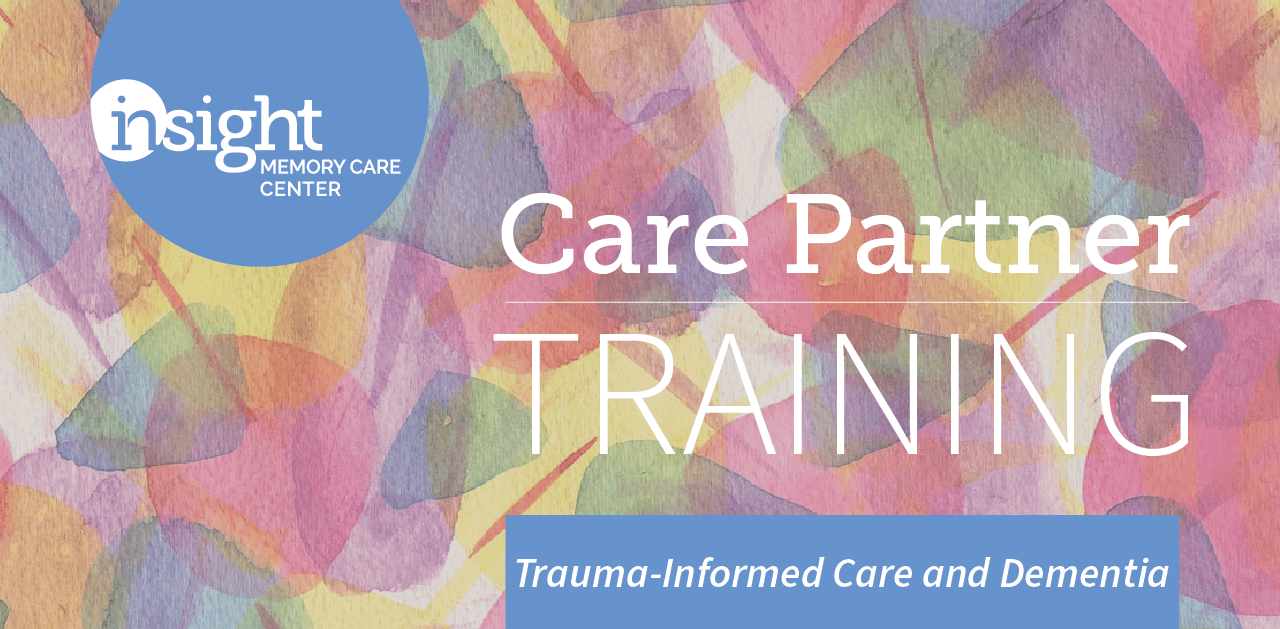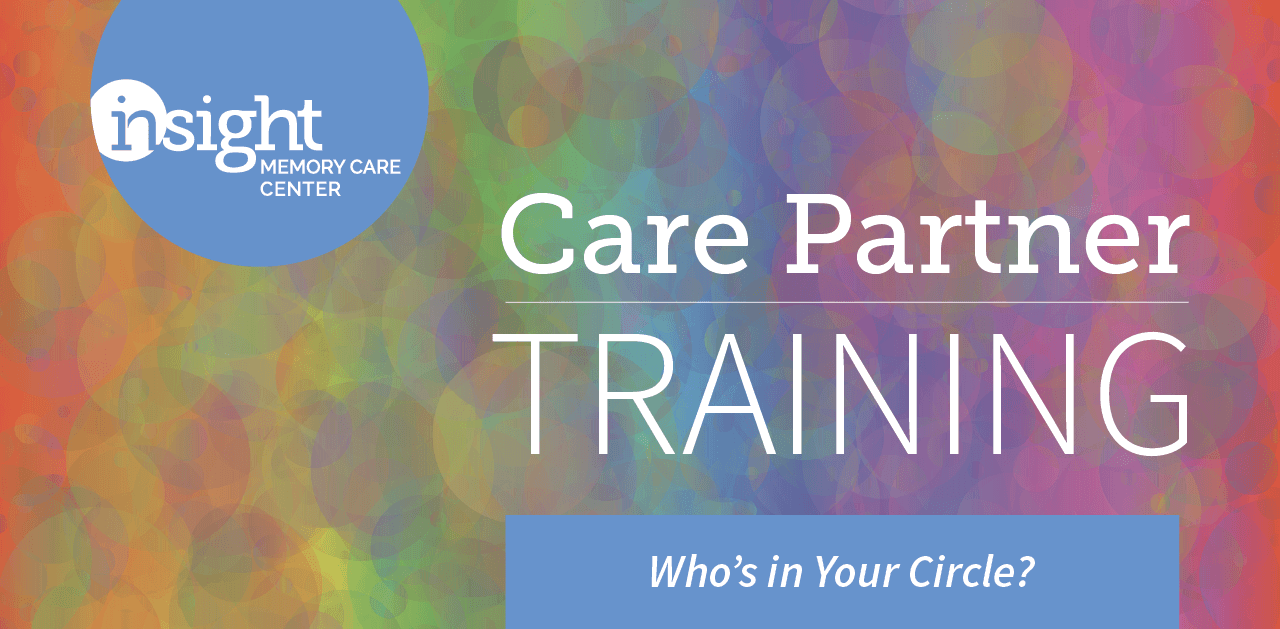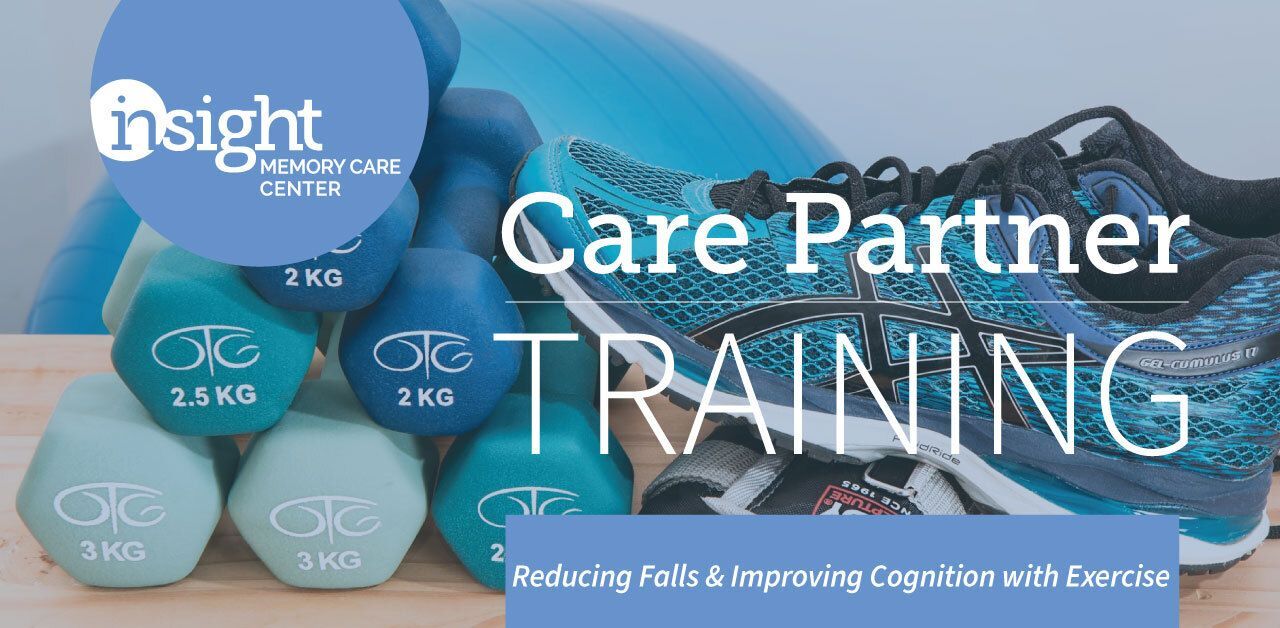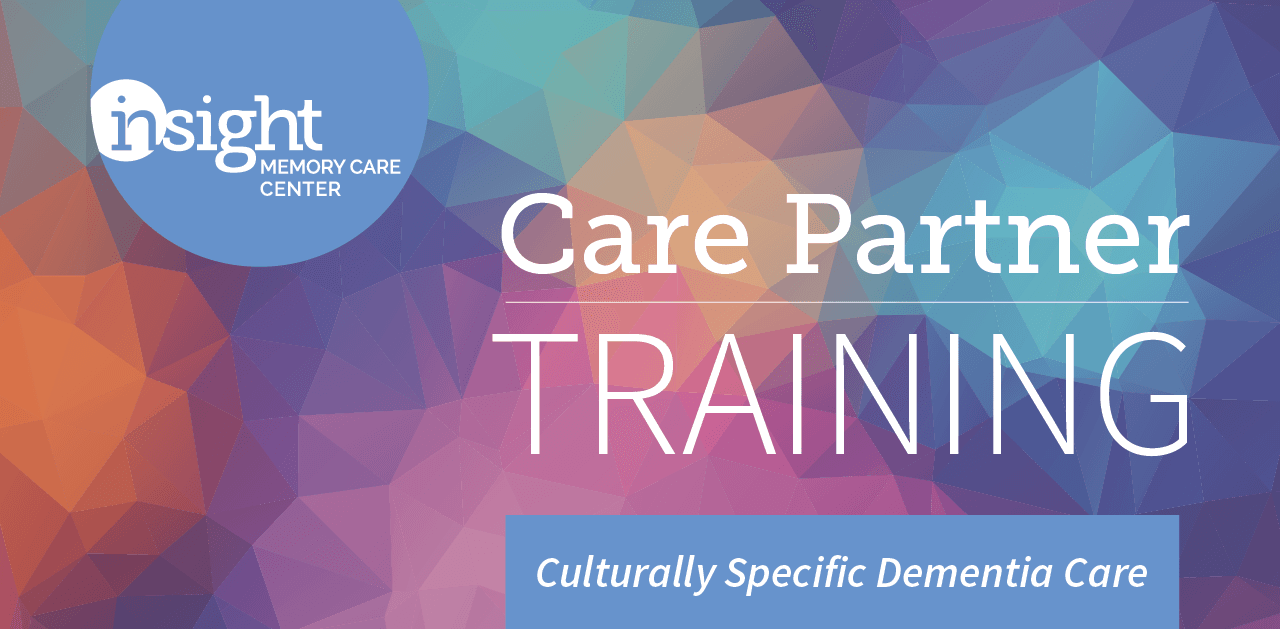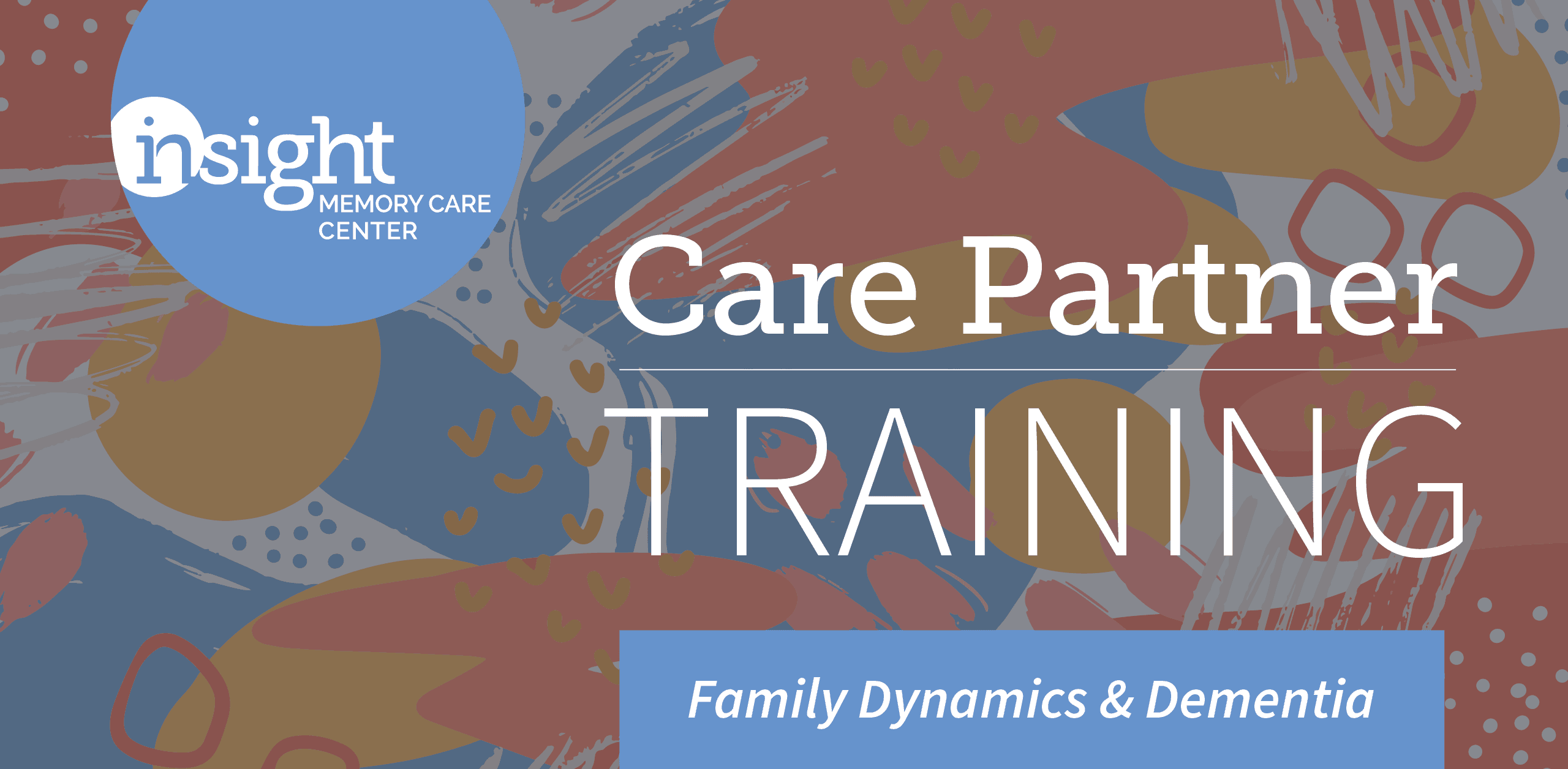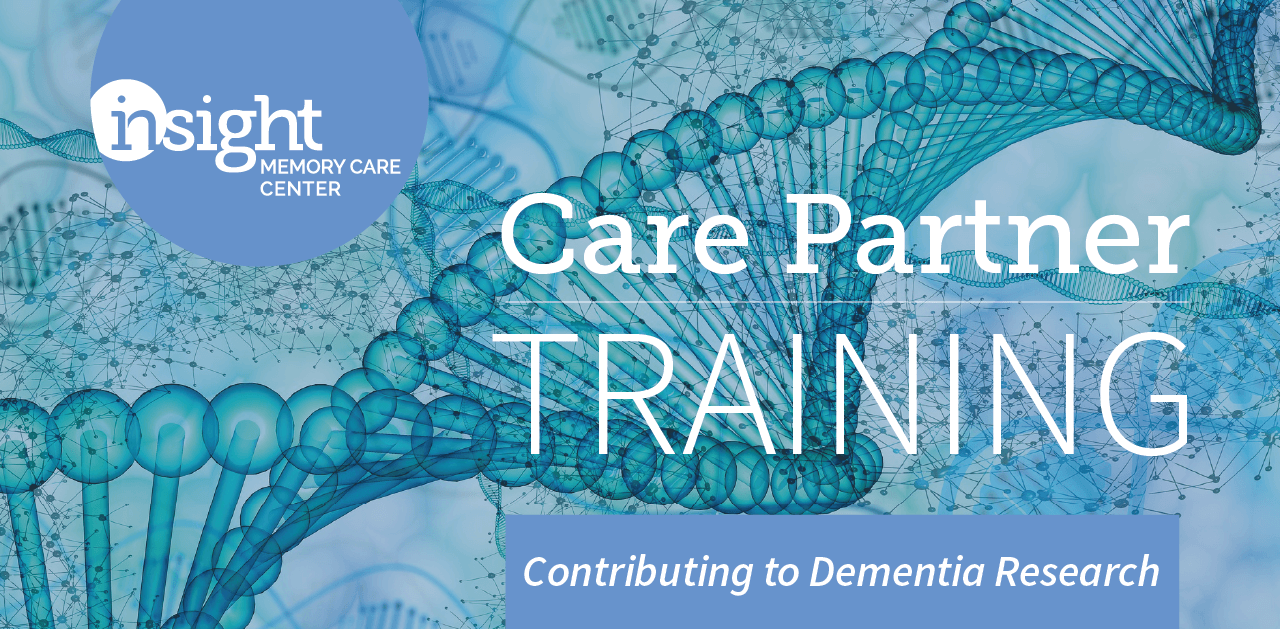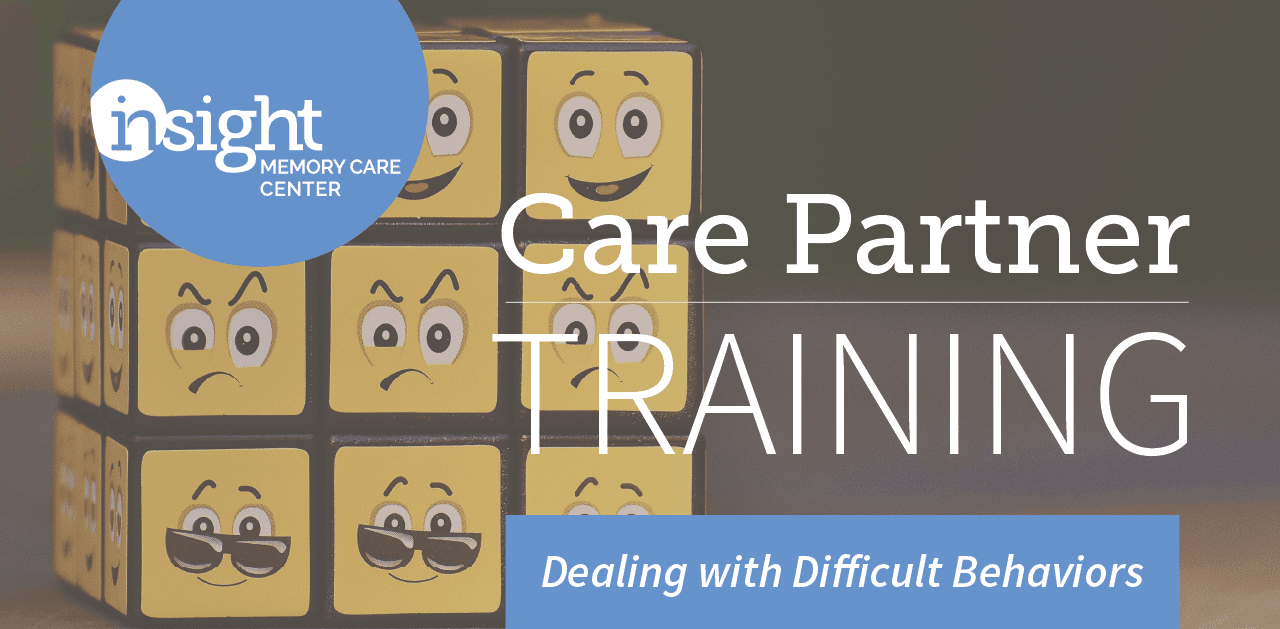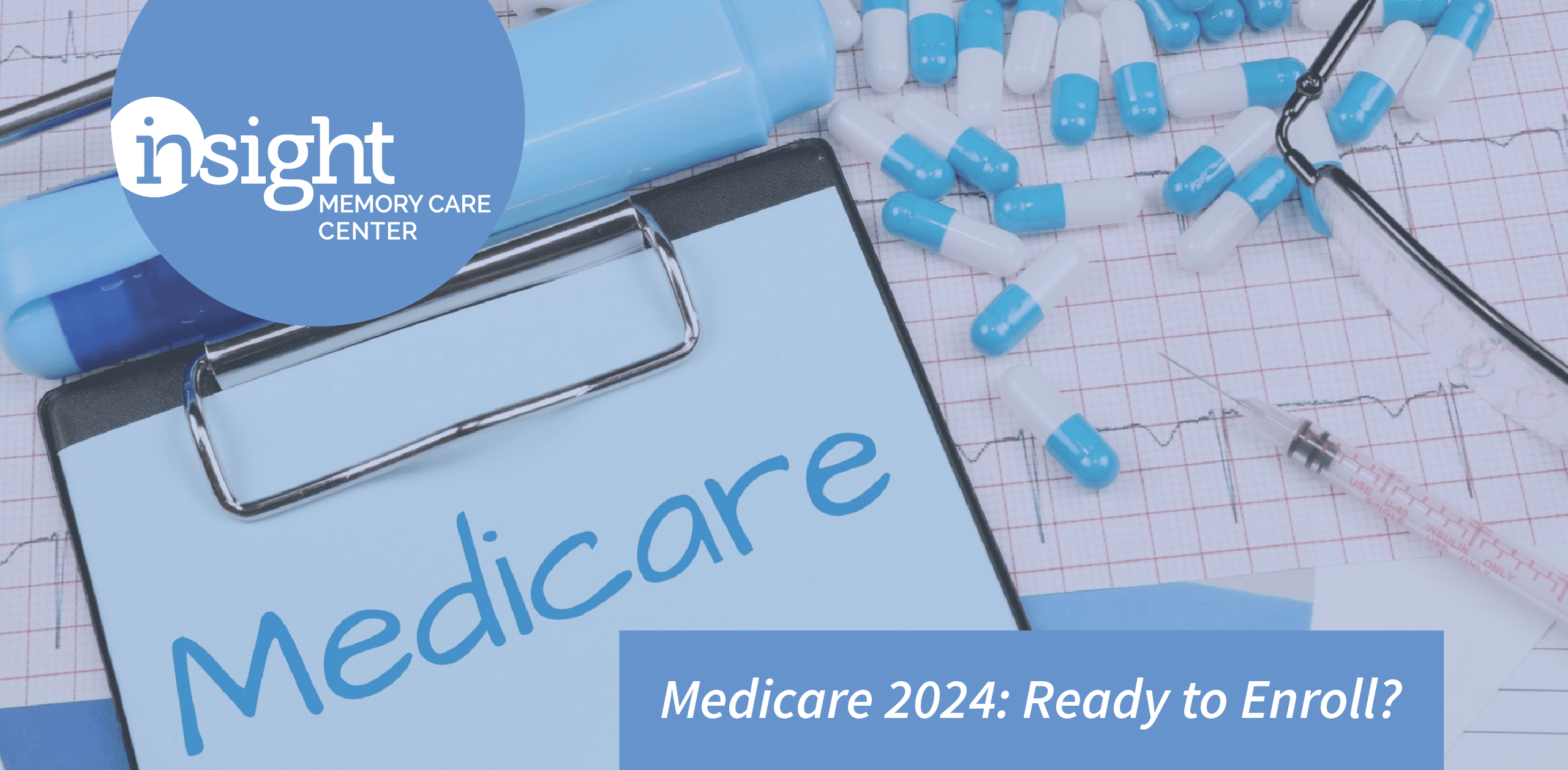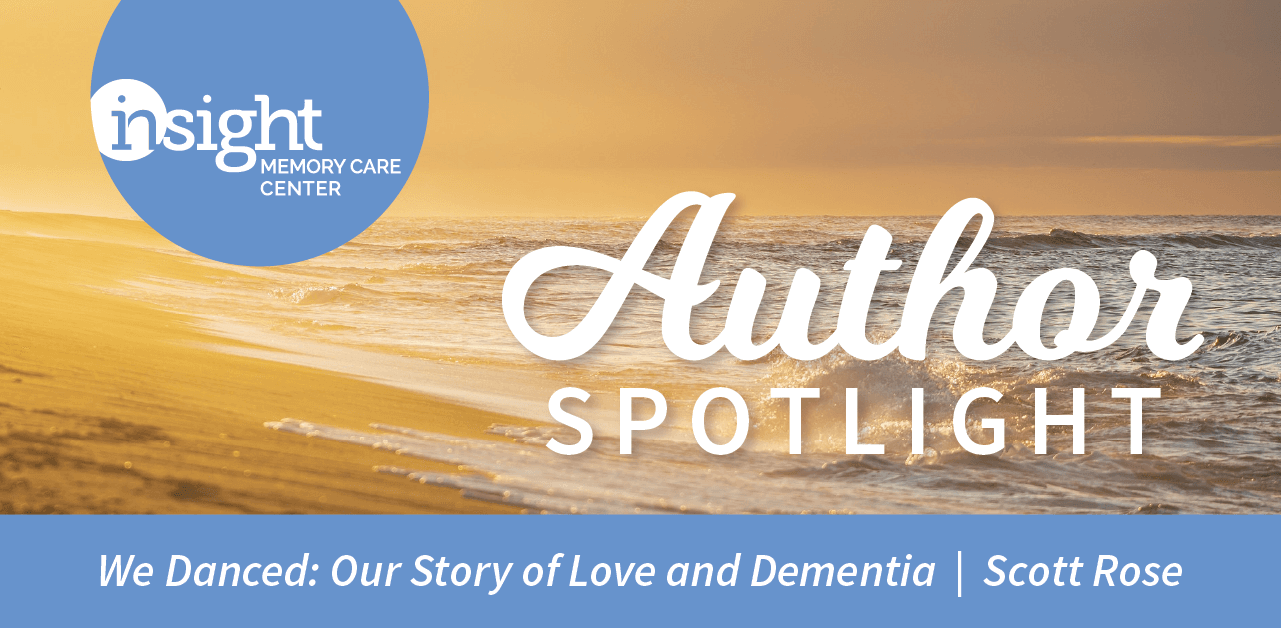Alzheimer’s Disease & Dementia Training
Insight offers many classes and webinars specifically geared for families caring for a loved one with Alzheimer's or dementia at home. Browse all of our trainings and webinars below, or view classes by category of interest!
Recent Webinars
More than 70 percent of older people have experienced a psychologically traumatic event. Trauma-informed care is an under-utilized yet potentially beneficial approach to care for older adults in many settings. Learn more!
We look at the importance of creating social circles in the LGBTQ community while navigating dementia. Being LGBTQ and living with dementia and/or caring for someone with dementia brings many unique challenges to the journey. Join us to discuss the importance of creating social circles of support and strategies for doing so. We will also identify community resources to support caring for someone living with dementia.
Age-related cognitive decline has a profound impact on the daily functioning of older adults, their families and healthcare systems. Currently 46.8 million people worldwide are living with dementia. This number will double by 2030 and more than triple by 2050. We will discuss these statistics and how a structured exercise program in a community setting for older, sedentary adults is associated with benefits to physical and cognitive health.
Dementia does not discriminate - it affects people of all cultures and backgrounds. People’s backgrounds and beliefs inform their sense of self, how they understand, feel about, and respond to other people and their environment - including diagnoses, health and care organizations and their staff. It is important to know how to best provide care to meet one's needs while recognizing their cultural values and beliefs. Join us for an in-depth training on cultural specific care and how you can meet the person where they are with their needs.
Navigating family dynamics can be tricky on a good day - but add in a dementia diagnosis and things get even more complex. Learn more about navigating these new dynamics!
By taking part in research, volunteers play a vital role in helping scientists understand more about the complex diseases that cause dementia. This means new ways to diagnose, prevent and treat these diseases can be developed and tested. Progress in dementia research just wouldn’t be made without the contributions volunteers make by participating in research. Learn more about the why and how of dementia research.
There are plenty of good reasons to be physically active. Big ones include reducing the odds of developing heart disease, stroke, and diabetes. Maybe you want to lose weight, lower your blood pressure, prevent depression, or just look better. Here's another one, which especially applies to those of us experiencing the brain fog that comes with age: exercise changes the brain in ways that protect memory and thinking skills. Studies show regular aerobic exercise appears to boost the size of the hippocampus, the brain area involved in verbal memory and learning. Learn more about why and how to exercise for the good of your brain!
Caring for a loved one with dementia poses many challenges for families and caregivers. People with dementia from conditions such as Alzheimer’s and related diseases have a progressive biological brain disorder that makes it more and more difficult for them to remember things, think clearly, communicate with others, and take care of themselves. In addition, dementia can cause mood swings and even change a person’s personality and behavior. We will look at practical strategies and medications (if needed) for dealing with the troubling behavior problems and communication difficulties often encountered when caring for a person with dementia.
Are you enrolling in Medicare for the first time or doing some research on the best options for you for 2024? Kevin Chaikin, Licensed Insurance Agent with Medicare Portal, answers the top five frequently asked questions by Medicare beneficiaries, discusses the basics of Medicare, and identifies key milestones and decision points that are critical to get the most out of Medicare and supplemental insurance programs.
We Danced is a loving and thoughtfully written tribute to the author’s wife and their years together. The details of her journey with frontotemporal dementia and the author’s experiences as a care partner are presented in a manner that is truly illustrative of his devotion to her. The ways in which they continued to celebrate life after her diagnosis and the tips shared are valuable and beautiful insights for those living with dementia and their care partners.
Webinars
"After meeting with you, I've changed my approach in dealing with her memory loss, and my wife and I are so much happier."



